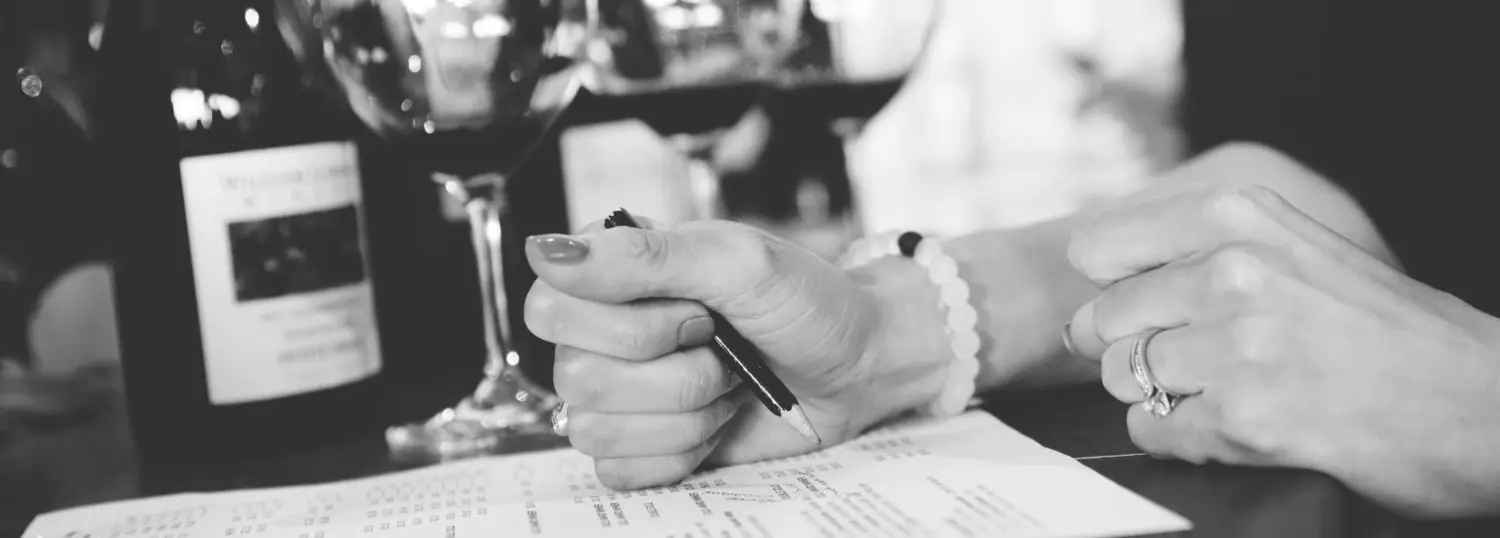We’ve all heard the saying, “great wine starts in the vineyard,” but what does that look like?
In Lodi, it’s evident in the big old gnarly vines that have been cared for by multiple generations and produce deeply concentrated fruit It’s visible at Bechtold Vineyard, the oldest known Cinsault vineyard in the world planted in 1886, where pheromone disruptors hang on the vines to control mealybugs. It’s demonstrated by the owl boxes posted in Bokisch Vineyards that house the birds that prevent pests from visiting the vines. It’s apparent when Lange Twins vineyards has a plane fly overhead taking pictures in order to provide the vineyard manager with heat maps as an aid in pest detection. Most of all, it’s very clear when hearing firsthand from vineyard managers and winemakers how much care they put into the vines.

Lodi is the perfect place to geek out on what “great wine in the vineyard” means. The Lodi Native project is a pretty clever way to showcase the region’s heritage vineyards, some of which date back to late 1800’s. Six winemakers participate, each crafting Zinfandel from a different vineyard with the shared goal of best expressing the terroir. There are a number of winemaking protocols including native yeast fermentations, neutral barrels, no intervention, no fining, and no filtering among other requirements. It’s all about expressing the terroir. Taste these six Zinfandels side by side and experience the difference each vineyard brings to the party. Terroir truly matters.

Terroir matter so much that Lodi has established its own set of sustainable vineyard practices called Lodi Rules.
“When you think generationally you can’t help but think about sustainability,” explained Randy Lange of Lange Twins Family Winery and Vineyards during a vineyard tour. For five generations the family has been growing wine grapes in the Lodi appellation. With future generations in mind, they’ve adopted the Lodi Rules, California’s first sustainable winegrowing certification program.
In a nutshell, the Lodi Rules for Sustainable Winegrowing are described as, “vineyard certification based on grower adoption of farming practices that benefit the environment, the community, and the local economy.”
These rules have paved the way for the recent increase in Lodi wines produced. Many families who have been farmed these vineyards for multiple generations are encouraged to start their own wineries as a way to show off the quality of the fruit. The result for consumers? Better access to small-batch wines from people who are directly connected to the land and to the vines.
About the Author
 Nancy Croisier is an enthusiastic advocate for exploring the world of wine. She holds the prestigious designation of Certified Specialist of Wine (CSW) from the Society of Wine Educators, and has graduated from the Northwest Wine Academy with expert training in wine sales and marketing as well as wine and food pairing. She specializes in bringing wine brands and consumers together. Follow Nancy’s wine and food adventures on Twitter and Instagram: @NancyFeasts and explore more wine discoveries on her website Wine and Beer of Washington State.
Nancy Croisier is an enthusiastic advocate for exploring the world of wine. She holds the prestigious designation of Certified Specialist of Wine (CSW) from the Society of Wine Educators, and has graduated from the Northwest Wine Academy with expert training in wine sales and marketing as well as wine and food pairing. She specializes in bringing wine brands and consumers together. Follow Nancy’s wine and food adventures on Twitter and Instagram: @NancyFeasts and explore more wine discoveries on her website Wine and Beer of Washington State.
